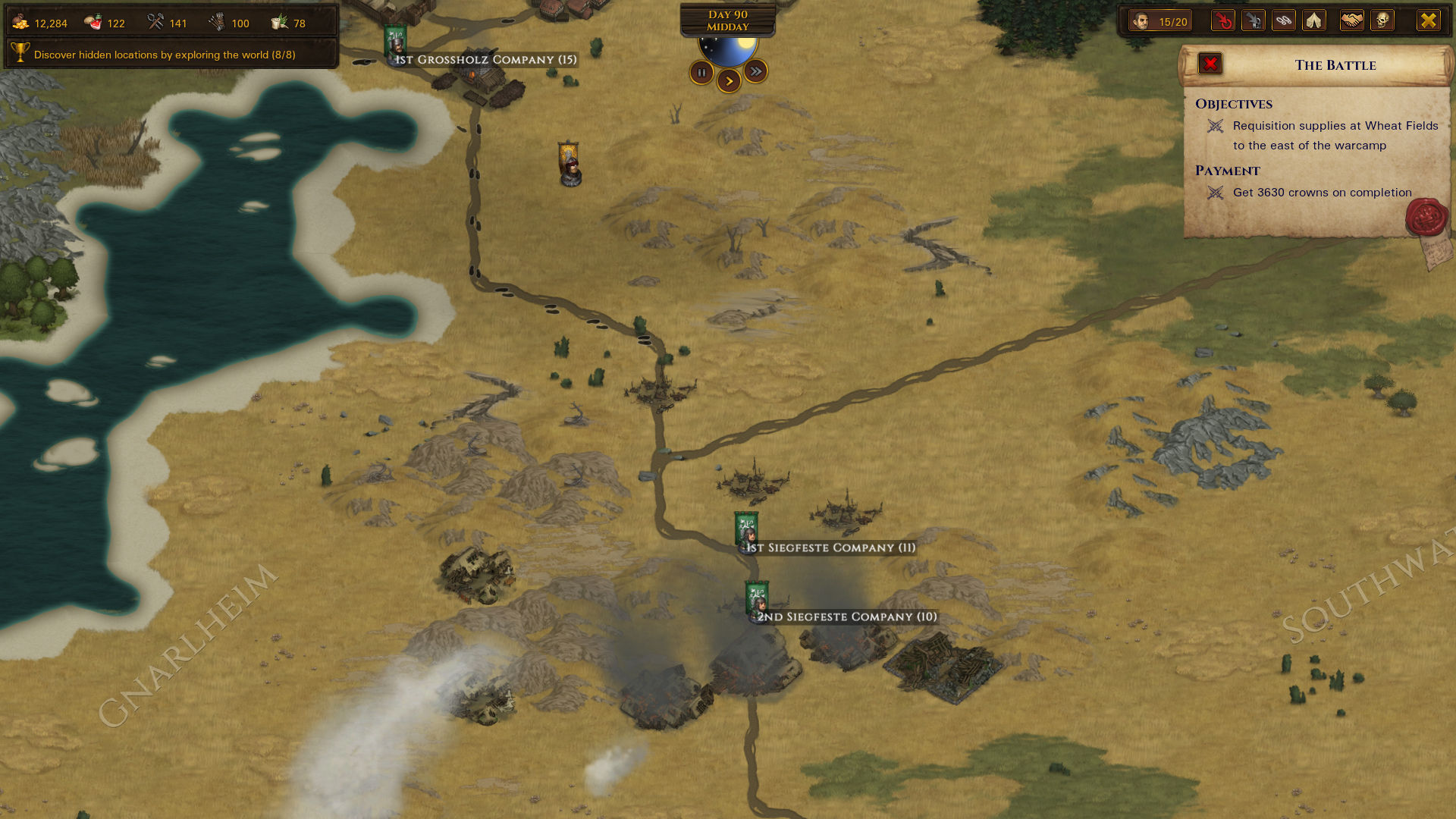

Happily there were few, for I seemed to have sensed early the basic soundness of responsibility. Derelictions led to smarting consequences. I was early made to realize that the privilege of membership in my family entailed certain duties and responsibilities. My boyhood life on the farm was a happy outdoor life full of interesting things. He went to the Briggs school built by my grandfather and later taught there, the same school that my younger brother Clifton and I were later to attend. My father, Chauncey Lewis Briggs, was the eldest of eight children. Through Grandfather, my forbears go back to Clement Briggs, who came to the Plymouth colony on the Fortune in 1621, the first ship to follow the Mayflower. Grandfather Briggs gave the land on which to build the district school and the Methodist Church. He chaired the top-secret Uranium Committee, which evolved into the Manhattan During his tenure (1933–45) as the third director of the National Bureau of Standards (NBS), he amply demonstrated his skills as an administrator and director of research in the years of the Great Depression and the Second World War. The most important characteristic of his work was the systematic application of the principles and methods of physics in a variety of other fields. For forty-nine years he was a civil servant in the federal government. The breadth of interests and contributions of Lyman Briggs, however, was exceptional even in his days, reaching from soil and plant science to atomic physics, from navigation to aerodynamics, and to the instrumentation of stratospheric balloons.

My (P.B.M.) grandfather became a scientist in the age when it was still possible for one person to make seminal contributions in diverse areas of science. Rowland, once commented to him that they were living in the final years when one individual could be knowledgeable across the field of physics.

His graduate professor at Johns Hopkins University, Henry A. LYMAN JAMES BRIGGS APPEARED on the Washington scene at a time when the physical sciences, especially physics, were about to expand dramatically. LYMAN JAMES BRIGGS May 7, 1874–March 25, 1963īY PETER BRIGGS MYERS AND JOHANNA M.


 0 kommentar(er)
0 kommentar(er)
